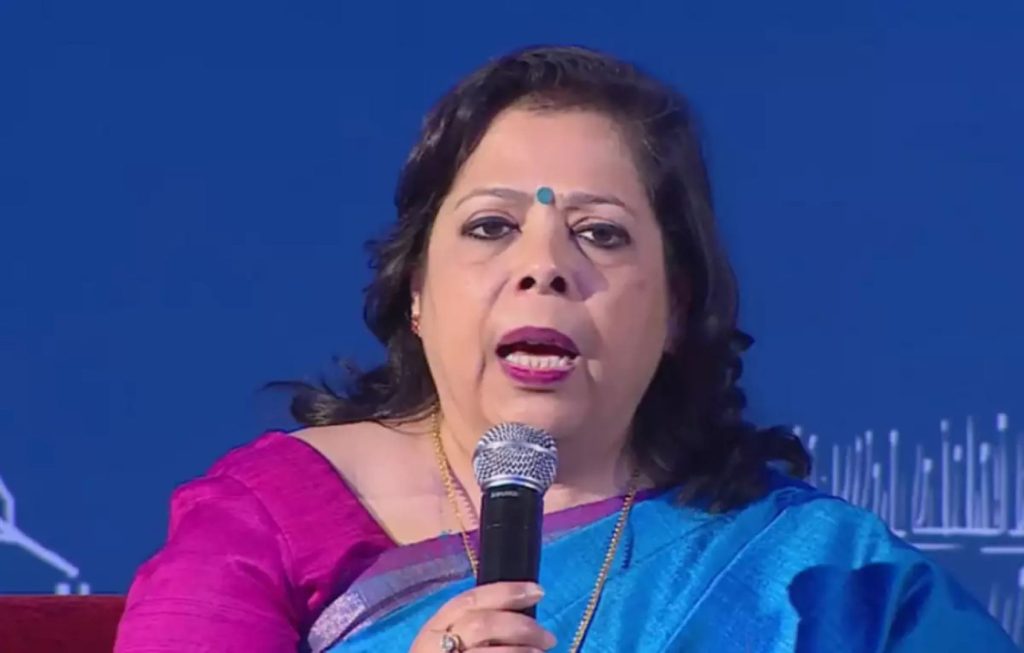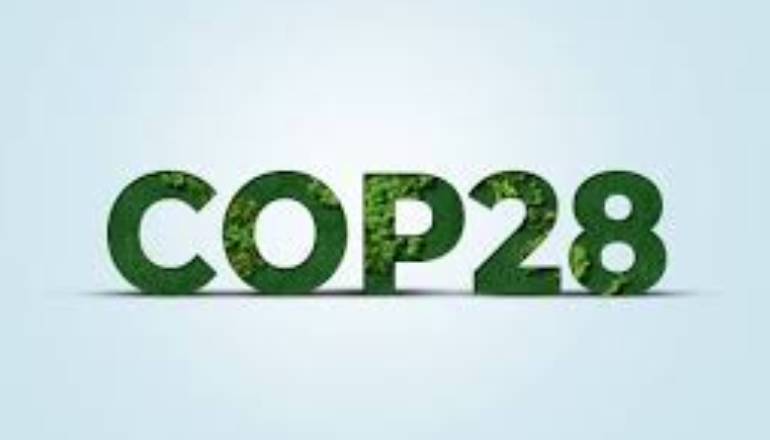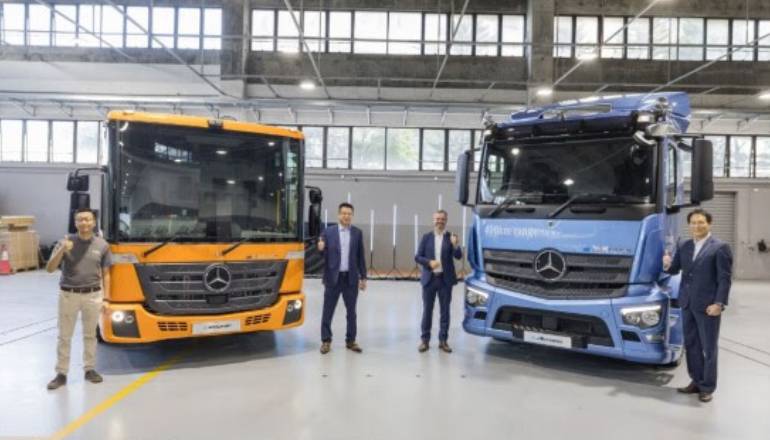India made an important intervention at the UN Climate Change Summit’s ‘Second Annual High-Level Ministerial Round Table on Just Transition.’
The intervention emphasized the importance of justice in climate action and the need for a broader understanding of ‘Just Transitions’.
The country’s stance emphasizes the need for a broader understanding of global climate justice, considering the historical emissions and responsibilities of developing countries.
India said that just transition should begin with transition in developed countries, focusing on achieving net-zero emissions by the end of this decade. The intervention emphasized the importance of providing adequate means of implementation for just transitions, but stressed that transitions in developing countries should not be seen as investment opportunities.
The intervention underscored the need for strengthening work program implementation and avoiding prescriptive top-down approaches in the context of transition pathways.
The intervention focused on the UAE’s ‘Just Transition Work’ program and its effectiveness in assisting Parties in defining and implementing climate plans for sustainable development and poverty eradication.
With this, India made a significant contribution at the UN Climate Change Summit’s CoP29, discussing the UAE’s “Just Transition Work” program and its efficiency in assisting nations in defining and implementing climate plans, including Nationally Determined Contributions and National Adaptation Plans.
Ms. Leena Nandan, Secretary, MoEFCC and Deputy Leader, Indian Delegation, led the intervention. She said, “Global climate justice is at the core of our work here under the Convention and its Paris Agreement. The principles of equity and Common But Differentiated Responsibilities and Respective Capabilities (CBDR-RC) are foundational to all work under the Convention and its Paris Agreement.”
The intervention also called for discussions on key enablers and disenablers of global just transitions, including unilateral coercive measures, intellectual property rights on green technologies, carbon debt owed by developed countries to developing countries, science guiding climate discourse, inequity perpetuated in climate discourse, and promotion of sustainable lifestyles.
Key highlights from the statement:
India’s intervention underscores the importance of understanding global climate action principles, particularly for developing nations like India. Access to amenities, infrastructure, and energy is disparate, with per capita energy consumption being only one-third of the global average.
- “The principles have incorporated into themselves the historical emissions and the resulting obligations on parties as well as the development goals of developing nations”
- “The fact of stark inequalities in access to energy, infrastructure, amenities, and well-being are not hidden from the world. Developing countries like India have per capita energy consumption at one third of the global average, not to compare with the average of the developed countries, which is much higher”
- “Our understanding and operationalization of just transitions must foreground the fact of these vastly different starting points and national circumstance”
- “The most vulnerable communities in our nations are disproportionately impacted by the denial of international equity, which also limits our domestic options and presents additional obstacles to our goals of attaining immediate, rapid, and sustained access to development opportunities”
- “In the spirit of international cooperation that is embedded in this multilateral process, our discussion here must include discussion of key enablers and disenablers of global just transitions”
- “Among other things, it was decided at CoP27 that the issues surrounding a just transition are not particularly limited and are connected to broader economic and social aspects of the transition”
Call to action:
India highlighted the importance of open dialogue and inclusion of issues in CoP29 decisions for a just global transition. It stressed that developed nations must lead the transition to net-zero emissions by the end of this decade, freeing carbon space for developing nations and reducing citizens’ burden.
Unilateral coercive actions prevent nations from accessing fair development opportunities and trade flows.
Some pertinent points:
India’s intervention emphasized the need to acknowledge and incorporate the global dimensions of just transitions in the work being undertaken at COP29. These include:
- Compared to the costs imposed on the citizens of developing countries as a result of transition, the choices made by citizens of developed countries are inviolable.
- Green technology’s free and scalable access to developing nations is hampered by intellectual property rights.
- Because of their excessive use of the global carbon budget, developed nations owe developing nations carbon debt. Trillions of dollars would be needed to monetize this carbon debt.
- Does the science that informs all climate discourse take environmental justice and global equity into account?
- How the climate debate keeps perpetuating inequality.
Pathways:
India asserted that the most crucial factor in facilitating just transitions is the availability of adequate implementation tools.
Changes in developing nations should not be seen as investment opportunities; instead, they undermine the “just” component of just transitions by making victims pay for it, it said in the statement.
The nation stressed that “Just transitions must be Just”. The intervention noted that all Parties must work to strengthen the work program implementation.
At the same time CBDR-RC, equity, and climate justice should be core for discussions of just transition pathways and should not be seen as another platform to push for prescriptive top-down approaches in disregard to the nationally determined nature of transition pathways.












